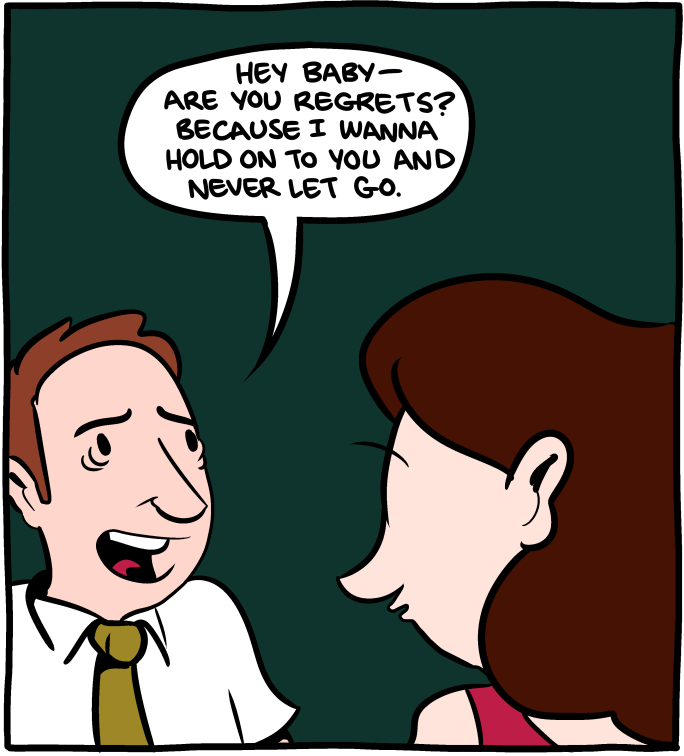On a strong recommendation from Meg, I have been reading Peter Gray's Free to Learn: Why Unleashing the Instinct to Play Will Make Our Children Happier, More Self-Reliant, and Better Students for Life. Gray is a developmental psychologist and in Free to Learn he argues that 1) children learn primarily through self-directed play (by themselves and with other children), and 2) our current teacher-driven educational system is stifling this instinct in our kids, big-time.
I have a lot to say about Free to Learn (it's fascinating), but I wanted to share one of the most surprising and unsettling passages in the book. In a chapter on the role of play in social and emotional development, Gray discusses play that might be considered inappropriate, dangerous, or forbidden by adults: fighting, violent video games, climbing "too high", etc. As part of the discussion, he shares some of what George Eisen uncovered while writing his book, Children and Play in the Holocaust.
In the ghettos, the first stage in concentration before prisoners were sent off to labor and extermination camps, parents tried desperately to divert their children's attention from the horrors around them and to preserve some semblance of the innocent play the children had known before. They created makeshift playgrounds and tried to lead the children in traditional games. The adults themselves played in ways aimed at psychological escape from their grim situation, if they played at all. For example, one man traded a crust of bread for a chessboard, because by playing chess he could forget his hunger. But the children would have none of that. They played games designed to confront, not avoid, the horrors. They played games of war, of "blowing up bunkers," of "slaughtering," of "seizing the clothes of the dead," and games of resistance. At Vilna, Jewish children played "Jews and Gestapomen," in which the Jews would overpower their tormenters and beat them with their own rifles (sticks).
Even in the extermination camps, the children who were still healthy enough to move around played. In one camp they played a game called "tickling the corpse." At Auschwitz-Birkenau they dared one another to touch the electric fence. They played "gas chamber," a game in which they threw rocks into a pit and screamed the sounds of people dying. One game of their own devising was modeled after the camp's daily roll call and was called klepsi-klepsi, a common term for stealing. One playmate was blindfolded; then one of the others would step forward and hit him hard on the face; and then, with blindfold removed, the one who had been hit had to guess, from facial expressions or other evidence, who had hit him. To survive at Auschwitz, one had to be an expert at bluffing -- for example, about stealing bread or about knowing of someone's escape or resistance plans. Klepsi-klepsi may have been practice for that skill.
Gray goes on to explain why this sort of play is so important:
In play, whether it is the idyllic play we most like to envision or the play described by Eisen, children bring the realities of their world into a fictional context, where it is safe to confront them, to experience them, and to practice ways of dealing with them. Some people fear that violent play creates violent adults, but in reality the opposite is true. Violence in the adult world leads children, quite properly, to play at violence. How else can they prepare themselves emotionally, intellectually, and physically for reality? It is wrong to think that somehow we can reform the world for the future by controlling children's play and controlling what they learn. If we want to reform the world, we have to reform the world; children will follow suit. The children must, and will, prepare themselves for the real world to which they must adapt to survive.
Like I said, fascinating.
Tags: books Children and Play in the Holocaust education Free to Learn Holocaust parenting World War II



